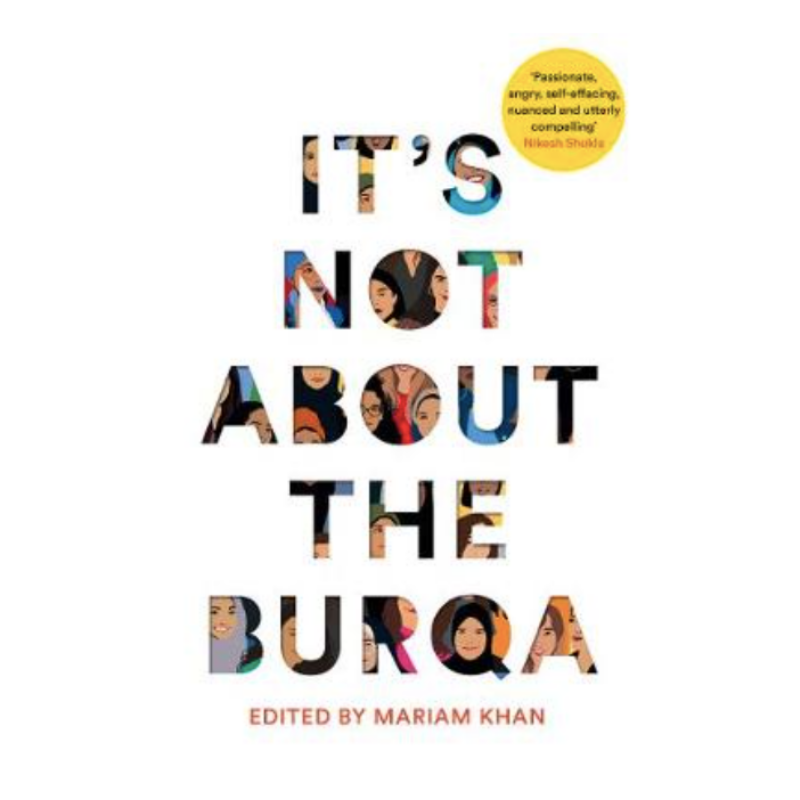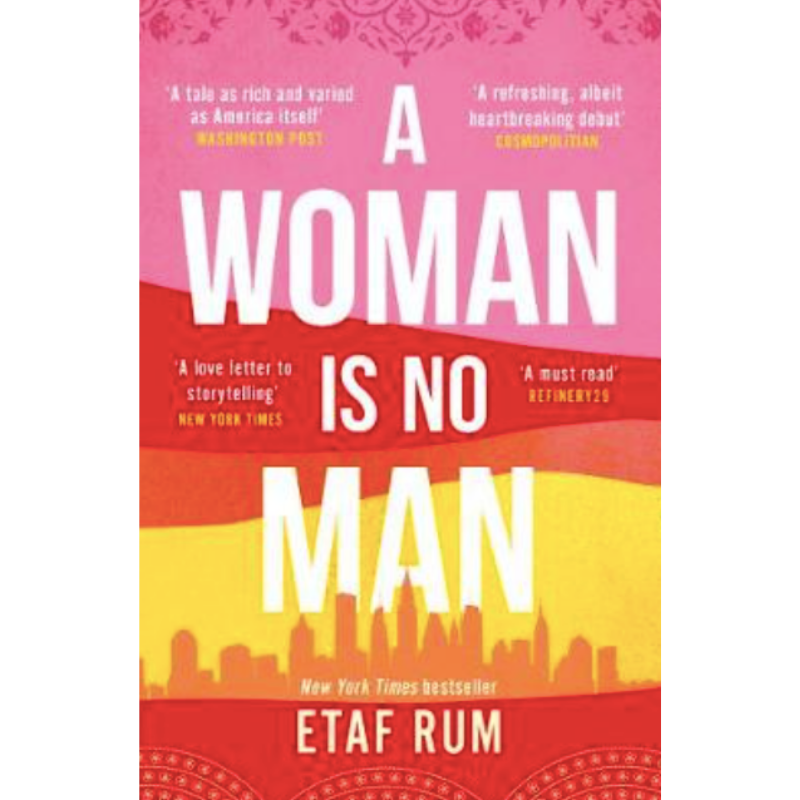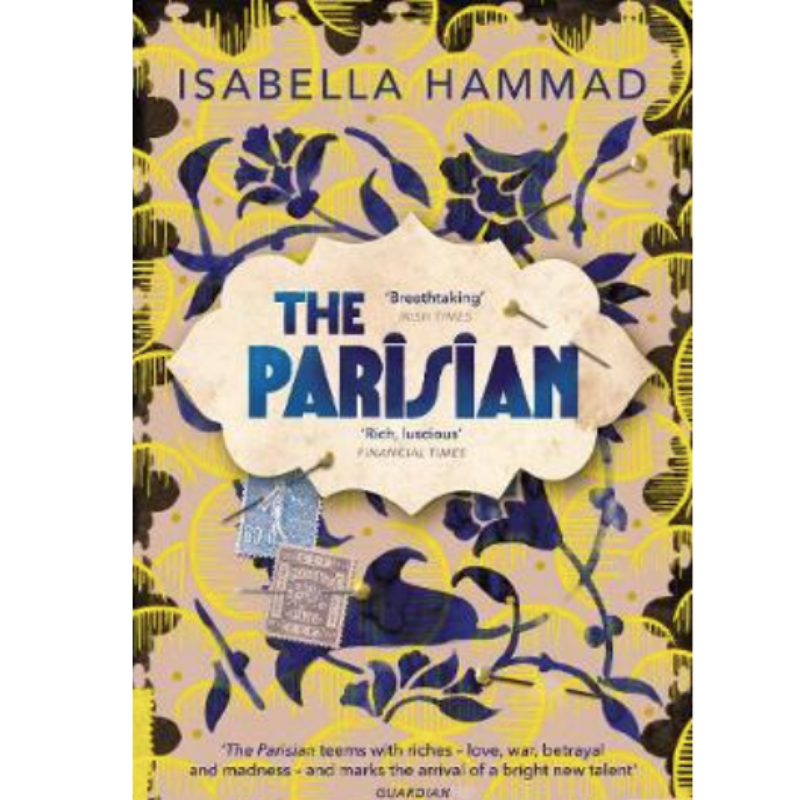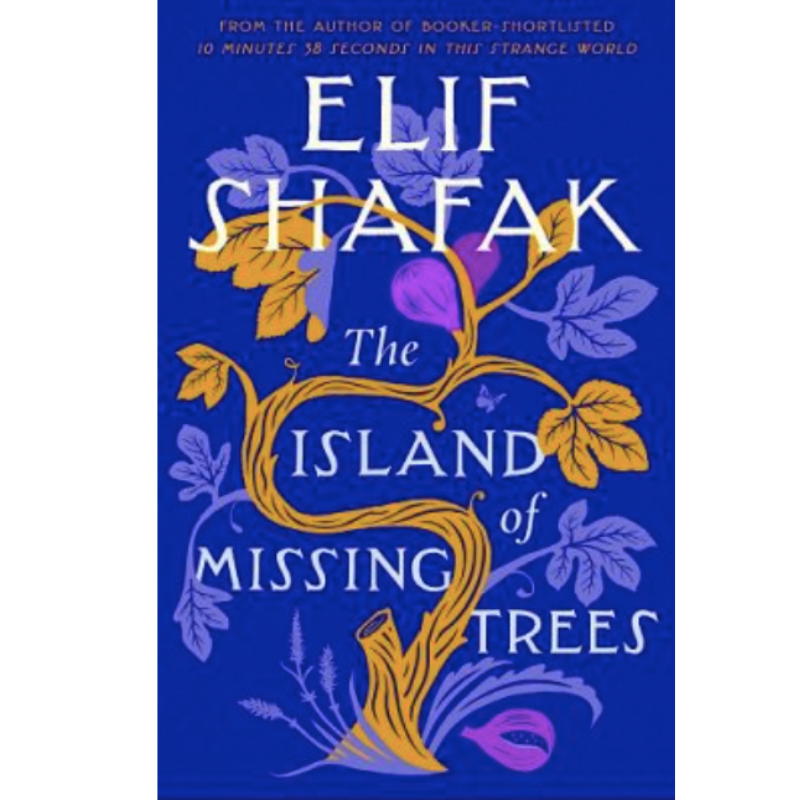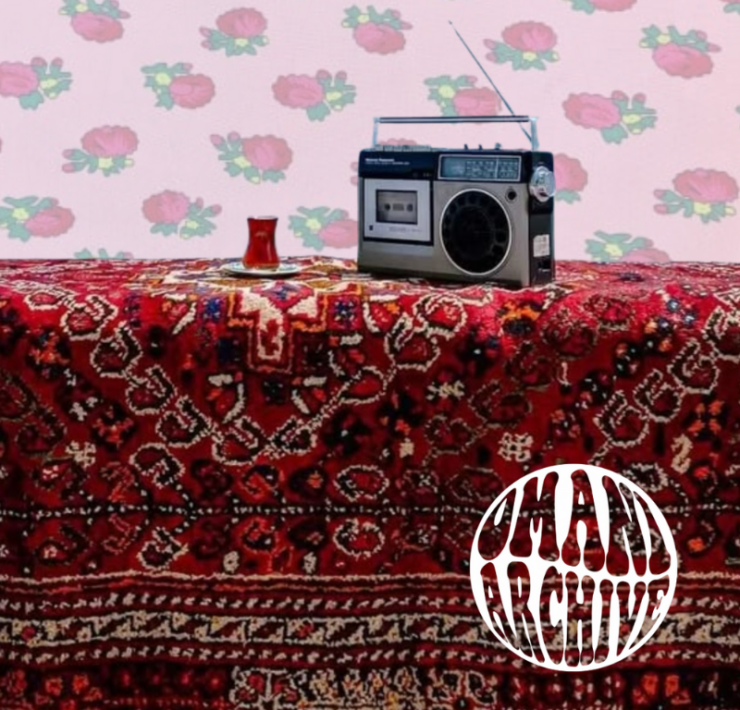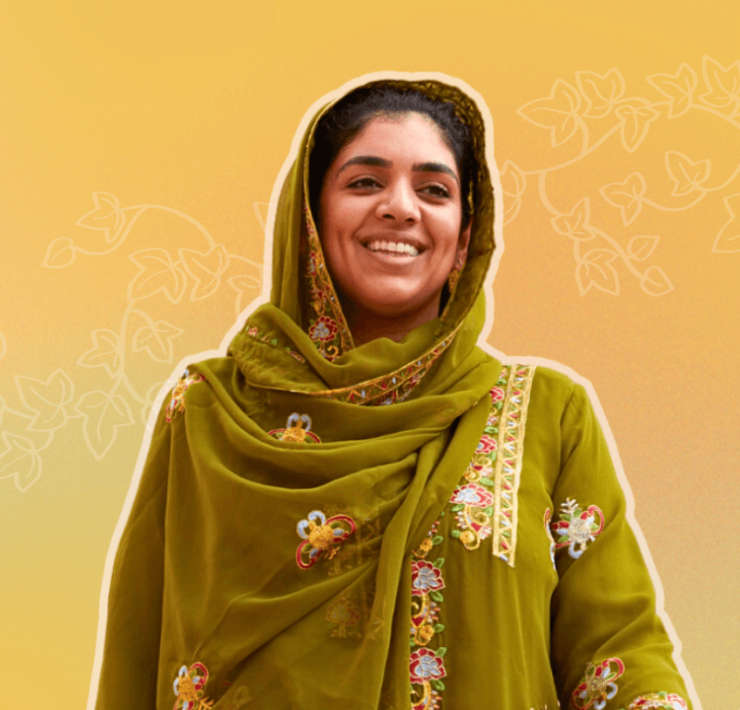Before the pandemic, the month of July would usually be the time when booklovers scoured the bookshops looking for their summer holiday reads.
If you’re reading this, you’re probably a booklover yourself? And you would probably fall into one of two main categories: the one running around the bookshops looking for their last-minute reads before boarding their holiday flight, or the one carefully compiling a list of books in preparation for what will be a day of browsing the beautifully curated shelves of your favourite independent bookshops. You’re happily reading the blurbs but struggling to decide which of the ten books spilling over in your arms will make the cut.
Well, you’ve come to the right place. This summer reading list has some of the best books to read about the Middle East. Scroll for some incredible book covers and a little bit about each one to have you clicking on bookshop.org and popping them in your basket!
If you’re in the UK like me, this year we will likely be discovering new places to visit locally, whether it be the glorious pebbled, sandy, and windy beaches of Cornwall, or a cottage booked in the Yorkshire Dales for hikes along the rolling hills in what is famously called ‘God’s Own Country’.
I dreamed about travelling in the Middle East this year, so reading about the region is a way to learn about the beauty and diversity of different countries and cultures from afar. Exploring social and political issues is something I tend to focus on, as you’ll discover here. With more time to reflect, relaxing can also be the perfect time to read about complex and challenging issues.
In the recommendations below we have a collection of essays, a collection of short stories, as well as novels. The Arabic novel is a relatively new form with the first one thought to be Leg Over Leg by Ahmad Faris al-Shidyaq. Poetry was the dominant literary form pre-19th Century and has a fascinating history of tradition. The 19th Century was a time of incredible experimentation in the history of Arabic literature. To learn more about Arabic literary history and add some context to your summer reading, you can read a fascinating article – A Brief, Wondrous History of Arabic Literature – by Suheil Bushrui and James M. Malarkey on LitHub.
However we booklovers decide to spend our summer, we will surely be taking a pile of books to relax into what I am sure will be a well-earned vacation. Forget that last minute dash to the bookshop wondering what to read – I’ve done the hard work for you and created a list of my top five recommendations to read this summer so you can skip straight to relaxing! So, let’s dive right into my list of the best Middle Eastern books for your summer reading – whether you’re looking for a captivating novel to sink into, hard hitting essays or even to practice your Arabic, we’ve got just the books for you!
The stunning image above was taken by @paperback_baby.
It’s Not About The Burqa, edited by Mariam Khan
A collection of essays spanning topics such as the representation of Muslim women in the beauty industry, the mainstream media, and workplace discrimination, to mental health, the problems of White Feminism, Islamophobia in Britain, marriage and so much more.
In this first recommendation I am essentially giving you a short review which you might have seen me write and publish for The Rebound Book Network (a project now sadly ended) earlier this year. In 2019 a refreshing and inspiring collection of essays written by Muslim women and edited by Mariam Khan was published by Picador. The opening essay titled ‘Too Loud, Swears Too Much and Goes Too Far’ by Mona Eltahawy is about revolution; the revolution by Muslim women to say, ‘f**k off’ to the ‘violence of racism and bigotry’, and misogyny (p.8). It is the perfect way to begin a collection of essays focused on dismantling the ‘lazy stereotyping’ of Muslim women we so often see in the mainstream media and in daily life.
It’s Not About The Burqa consists of seventeen essays. If you have read my review of Our Woman on the Ground, edited by Zahra Hankir, you’ll know by now that I love to be absorbed in a good essay collection. Each essay is unique and draws from the personal lives of each writer. Yassmin Midhat Abdel-Magied reinforces this as she says that her essay is about her own individual experience, which is not representative of Muslim women, but instead unique (p.90). I believe this is what It’s Not About The Burqa is doing with each essay. They are resisting the stereotypes and instead using personal and intimate narratives, or one might say testimonies, to articulate the complexity of human beings. People are unique, and their identities are made up of a variety of different facets and experiences.
These essays are a delight to read. The style is rhythmic and would be easy to read in one sitting because it feels as if each author is speaking directly to you in a conversational way. This allows you to be fully drawn into their narrative which could be considered testimonial for their raw truthfulness. I would definitely recommend taking your time with each essay. They are clearly written to be carefully considered and reflected upon because whilst being conversational, the essays are also incredibly informative. I was never without a notepad and pen by my side, ready to write down a quote or important fact. A common thread between most, if not all of these essays is that they refer to Islamic teachings to demonstrate how the Quran has been distorted in ways which devalue women. But Islam is a peaceful faith that teaches that a woman is not less than a man (p.43).
It’s Not About The Burqa challenges all of the writing ‘about’ Muslim women and for such an important collection of essays, it has certainly gone under the radar.
As stated by Burhan Wazir for the Guardian, this brilliant, courageous and striking collection ‘[…]is a vital book for non-Muslims and those seeking to understand Muslim feminism in the West.’
Rima from @pardonmywritings featured It’s Not About the Burqa on her intersectional feminism reading list. Head to her feed for some more inspiring reads!
A Woman Is No Man by Etaf Rum
A novel set between 1990 to 2008 exploring issues which include family loyalty, gender expectations, domestic violence, assimilation, honour and dishonour, and cultural continuity.
If you’ve been following all of the brilliant reading lists and posts on Instagram about Palestinian literature (including ours!), you might have come across Etaf Rum’s superb debut novel A Woman is No Man, published in 2019. The narrative is told from three generations of Palestinian women and therefore offers three different perspectives and experiences of being a Palestinian immigrant in America; specifically, Brooklyn, New York.
Rum spoke to Eleanor J. Bader at the LA Review of Books about her novel. She stated that in exploring issues such as domestic abuse, there is ‘always a danger in having a single story represent an entire culture or community.’ Rum goes on to say that domestic abuse is rooted in culture, not in Islam, which favours equality between men and women. Furthermore, A Woman is No Man is a fictional narrative and despite not being autobiographical, it does draw from Rum’s personal experience.
‘A Woman Is No Man is not an autobiography, but so much of it is my story. And I will do anything in my power to prevent it from becoming the story of my children, of my community, of anyone else.’ – Etaf Rum, LitHub
Interestingly, Rum also states for the LA Review of Books that she wanted to represent the traumas experienced by both men and women as well as how trauma seeps from generation to generation. It is a beautifully crafted novel and a brilliant one to start with if you’re interested in reading Palestinian literature.
Check out our 13 essential books to help you understand Palestine
The Parisian by Isabella Hammad
The Guardian have called The Parisian ‘A story of cultures in simultaneous conflict and concord, The Parisian teems with riches – love, war, betrayal and madness’. The book community are talking a lot and the reviews are incredible, detailed and very interesting. There is so much to say about this book and it’s one I will be dedicating a lot of my summer to.
Recommended by the Adabiyat bookclub who are deeply passionate about Arabic literature, The Parisian is a book I cannot wait to start reading (they are reading The Parisian at the end of August – get in touch with them to be part of the discussion!). The narrative spans the turbulent years from the end of the Ottoman Empire to the outbreak of the Second World War. We follow the main character of Midhat Kamal from ‘Nablus[…]via Istanbul and Cairo to Montpellier and Paris’ where he is going to pursue his studies. This appears to be a personal and political story which has been delicately woven together.
In my research for this article, the more I read about the book it seems to be consistently praised for its rhythm, poetic style and imagery. According to one description it ‘sings in its depiction of real lives caught up in history’s undertow.’ This style of writing allows Hammad to weave a love story into a deeply complex historical background. Ilham Essalih of @ilhamreads wrote a wonderful review which had me instantly seeking to know the whole narrative and discover these fascinating characters who experience the fragility of being human amongst the tragedies of global conflict. Ilham writes;
“I absolutely loved this book, I cherished every word and I really grew attached to the characters. There are lots of different key players in the story and it paints such a vivid and rich Palestine that will forever stay with me.”
Indeed, Ilham mentions how we are taught about the cities of Palestine that were destroyed before the Nakba and how the characters enable the reader to put names and faces to historical events which can often seem at a distance and therefore hard to understand. Reading books such as The Parisian enables us to see the personal and human side to tragic events and are therefore invaluable to our learning.
Like A Woman is No Man, Hammad’s novel arrived in 2019 and according to the Guardian, ‘marks the arrival of a bright new talent.’ The reviews are certainly excellent. It’s a long read too at 576 pages – perfect to spend your summer with.
Modern Arabic Short Stories: A Bilingual Reader, edited and translated by Ronak Husni & Daniel L. Newman
This incredible bilingual reader will have you practicing your Arabic and learning about Arabic literature at the same time!
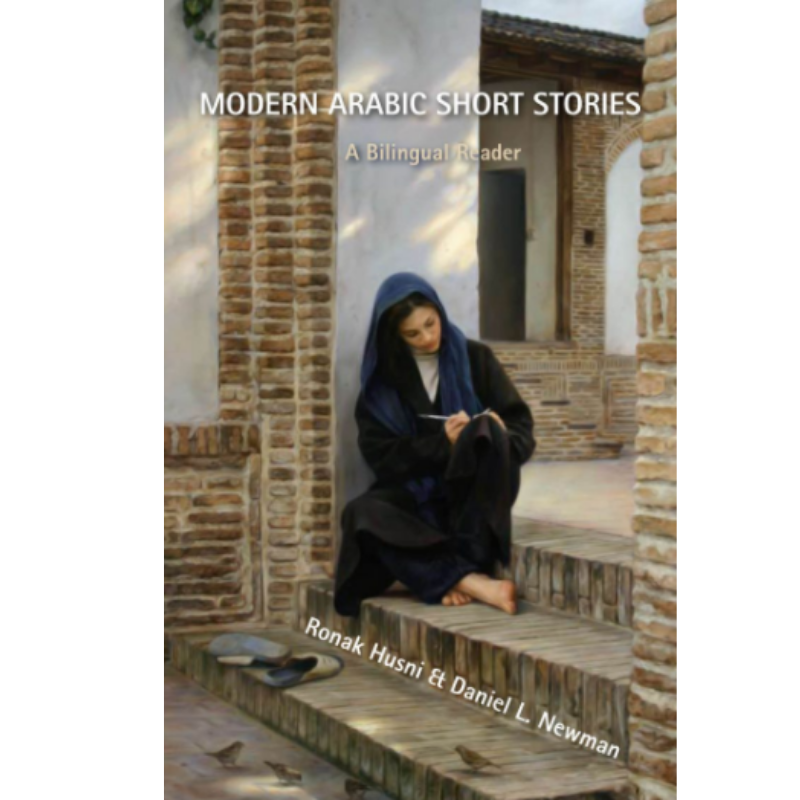
If you’re looking to practice your Modern Standard Arabic, why not have a look at Saqi Books? They sell incredible bilingual readers including this one edited and translated by Ronak Husni and Daniel L. Newman.
If you’re keen to find out more about the history of Arabic literature, then this bilingual reader is the perfect place to start. As Husni and Newman explain, almost all major Middle Eastern writers have written a short story as it is ‘a particularly vibrant genre in contemporary Arabic literature’ (p.7). The stories cover the whole of the MENA region from Morocco to Iraq and the Gulf and include male and female authors. You will come across some dialect as this is only to be expected. However, the MSA equivalent is given in the language and cultural notes for each story (p.8). There is also a biographical note about the author with references to their key works as well as background on the story itself (p.10).
If you’re looking to improve your Arabic over the summer and have your Pink Jinn Arabic Study Planner to hand, why not make this book part of your study routine? Part of learning the language is also learning about the culture which makes reading Arabic literature the perfect accompaniment to your studies.
The Island of Missing Trees by Elif Shafak
The Island of Missing Trees is a story of exile, identity, belonging, love, trauma, memory, nature…and so much more. This is definitely a book I cannot wait to read this summer.
If you’re looking to snap up a new publication, this one is being released on Thursday 5th August in the UK. Shafak is an award-winning British-Turkish novelist with 19 books to her name.
The Island of Missing Trees takes place in Cyprus and the year is 1974. Two teenagers are living on the island, one is Turkish and Muslim and other other is Greek and Christian. A fig tree is at the centre of the narrative. The fig tree witnesses the secret meetings of these two teenagers and their love story. With the outbreak of war, the teenagers are forced apart. Decades later in London, their sixteen-year-old daughter Ada Kazantzakis is searching for answers to the silences and secrets. The fig tree in her garden points her toward Cyprus, the island where her parents found one another.
Let us know in the comments if you have read these books or if you will be reading them this summer. We would also love to hear of any recommendations you might have!

Georgia Bridgett has a variety of experience writing on humanitarian issues and has developed a deep interest in Middle Eastern history, culture and politics particularly in the Levant region. She is also interested in relations between Europe and the Middle East and is undertaking personal/independent research in the hopes of pursuing a PhD. In June 2021 she created the online platform MENAb00ks where very soon you will find author portraits and book reviews about the culture and politics of the MENA region, written by Arab writers and scholars. (https://georgiabridgett.com/, Twitter @georgiabridgett, IG @menab00ks)


